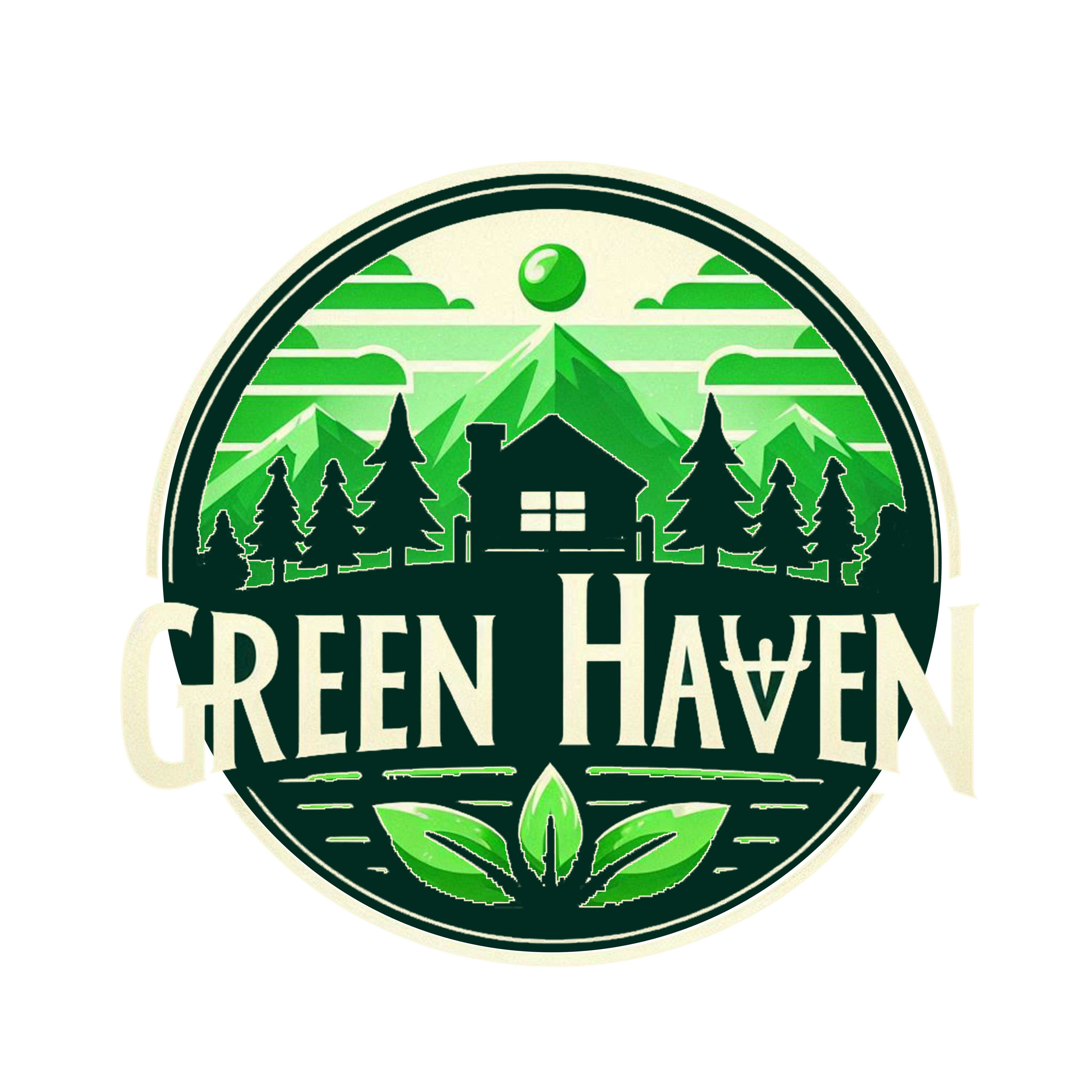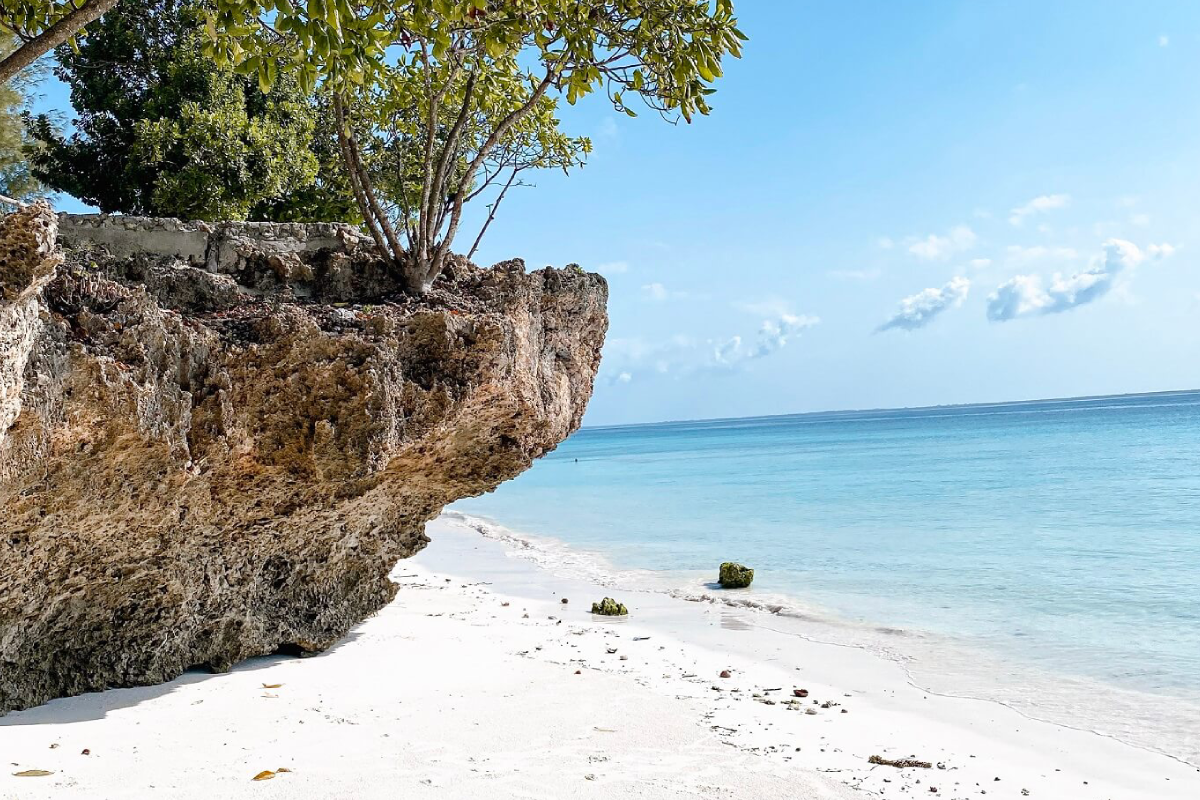- Climate
- Sea Level Rise & Coastal Erosion
- Coral Reef Degradation
- Changing Moonsoon
- Salinization Of Fresh Water Resources
- Threats To Spice & Seaweed Farming
- Deforestation And Land Degradation In Zanzibar
- Erratic Rainfall And Droughts In Zanzibar Causes
- Extreme Weather Events In Zanzibar
- Health Impacts Zanzibar
- Livelihood Vulnerability
- Projects
- Community
- Solutions & Innovation
- Get Involved
- Privacy & Advocacy


Stay with us On Social